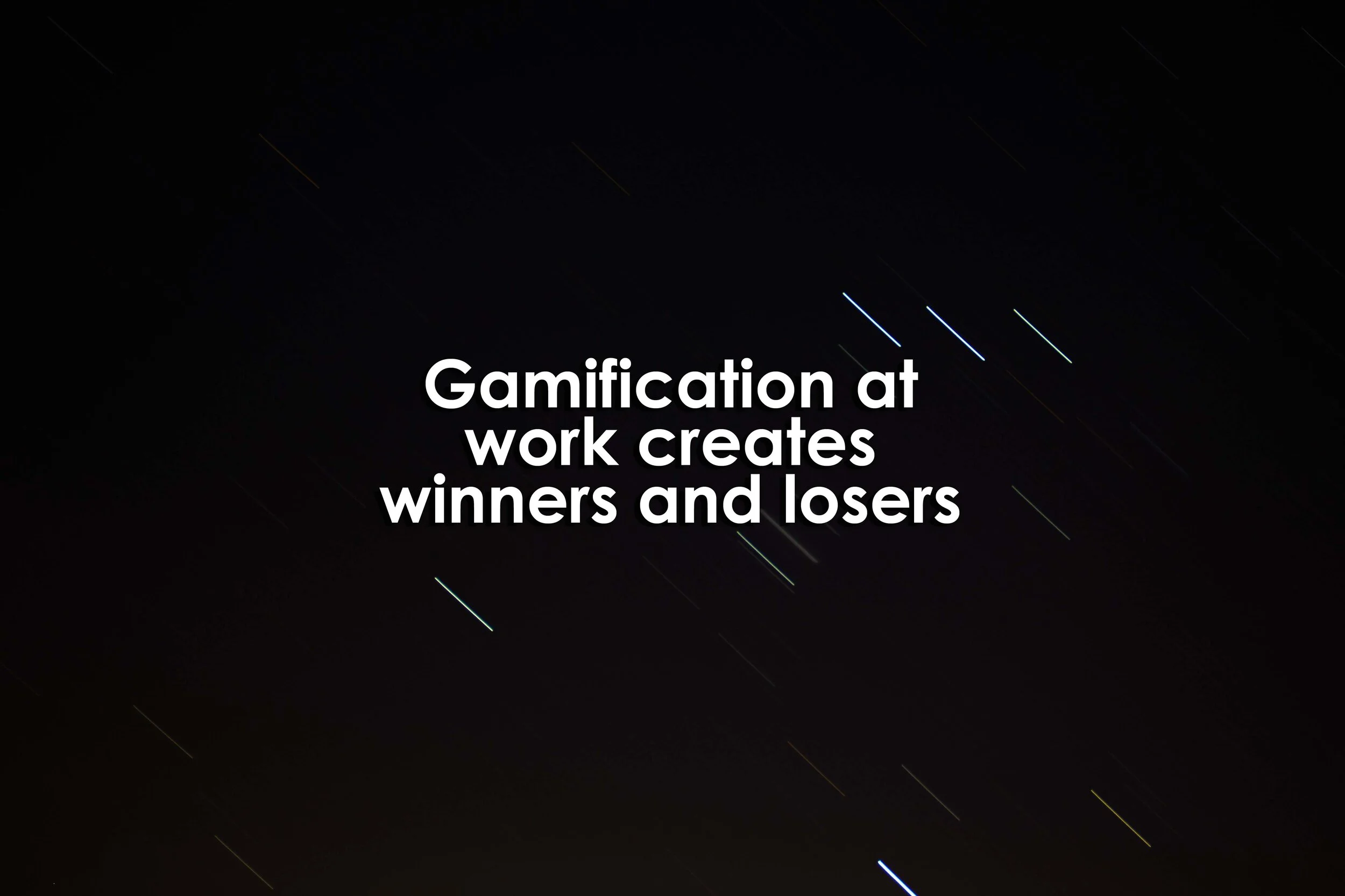Gamification at work creates winners and losers
Gamification at work creates winners and losers
Gamification at work creates winners and losers
By Cassandra Chambers
December 06, 2020
Summary
Even before Covid-19 forced employees to work from home, many businesses were moving to more remote working.
Employees who complete reports can earn points toward achievement badges - reputational signals of their value.
Many programmes digitally record and publicly display information about employees, so unexpected negative consequences may arise if they overly intensify pressures for performance and competition between staff.
More valuable contributions, as rated by members, earn more points.
Engaging in counterproductive behaviours threatens that image, so it prompts employees to contribute more often to make up for these practices.
Jointly, these findings suggest that reputation systems - and gamification more broadly - can be effective in maintaining employee engagement in remote-work environments.
Unrelenting performance pressures can lead to higher levels of burnout, so managers need to actively assess employees' reactions to gamification.
Other forms of gamification could trigger more negative unintended consequences, however.
In particular, the use of leader boards and contests that confine rewards to a small, select group of employees can trigger unhealthy levels of competition and more pernicious behaviours such as sabotage.
Initial research confirms they can positively boost employee engagement, especially if staff have a choice in how they use them and if they are designed to align with the organisation's goals.
Reference
Chambers, C. (2020, December 06). Gamification at work creates winners and losers. Retrieved December 09, 2020, from https://www.ft.com/content/75bedd49-b82c-4ab2-a6d9-82f7910aad40


